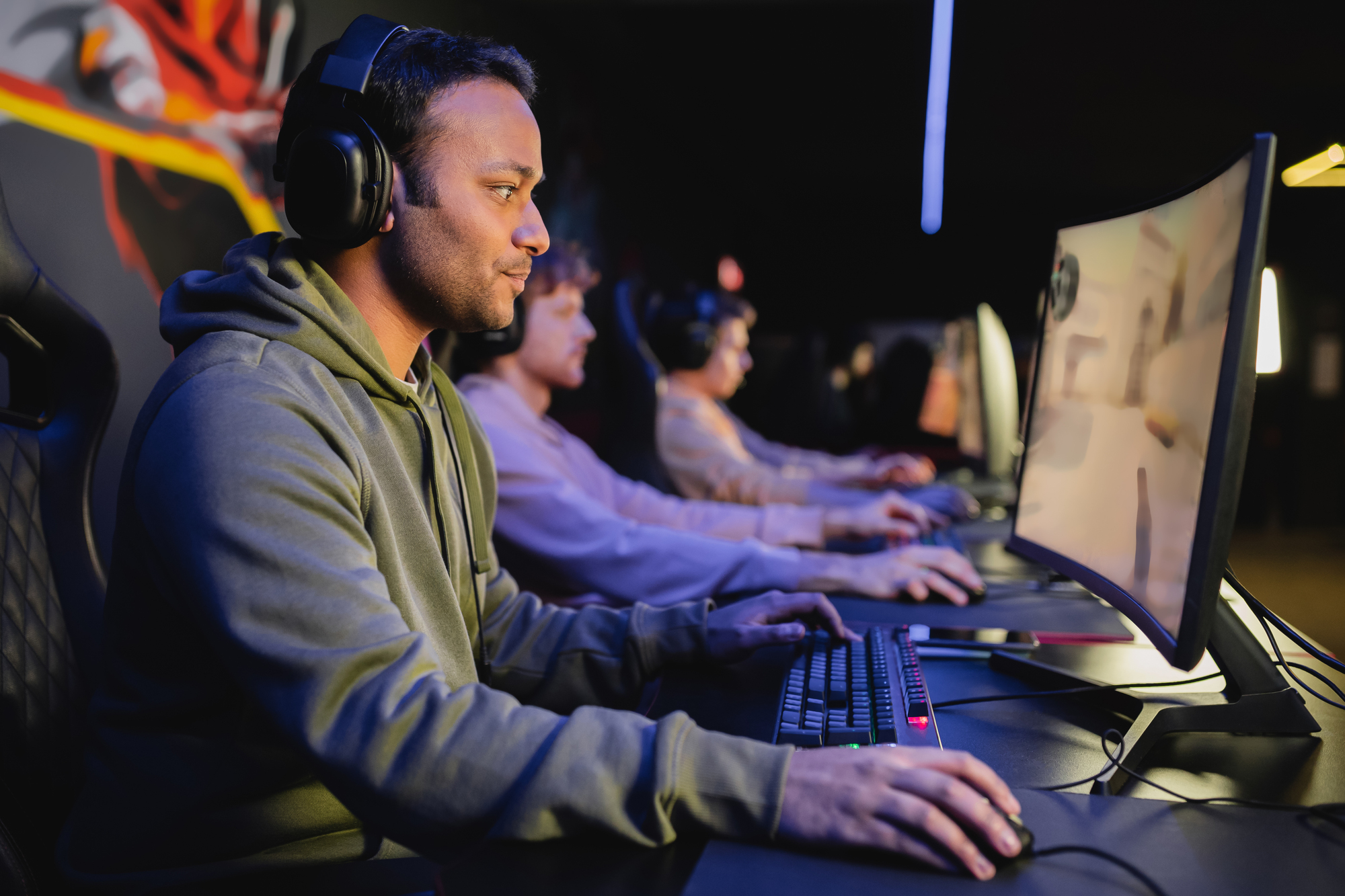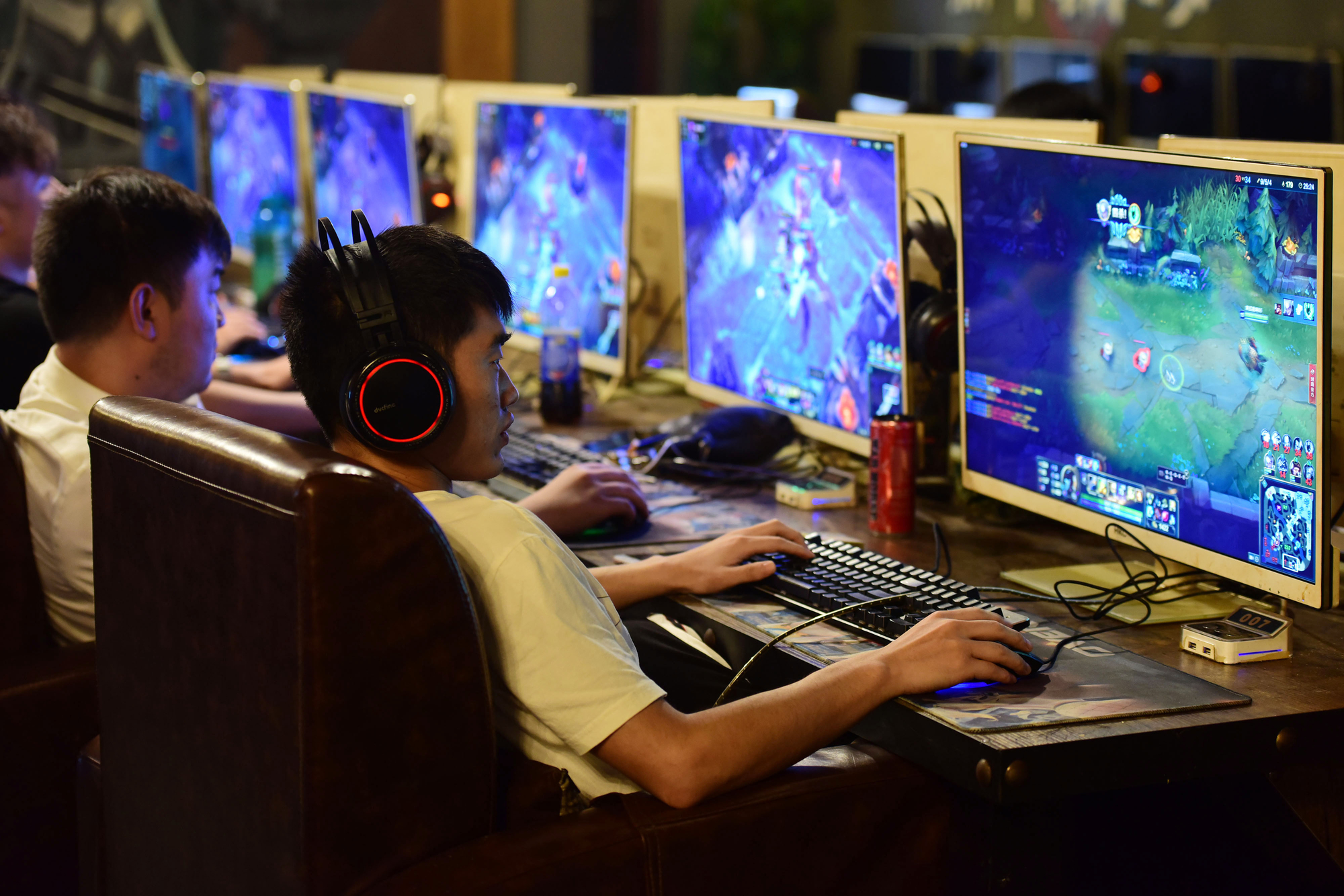Video games have evolved beyond mere entertainment, becoming powerful educational tools in modern learning environments. These interactive platforms offer unique opportunities for engaging students and enhancing their learning experiences. Game-based learning provides dynamic content with modern context, allowing educators to frame lessons using recent, real-life examples.
Video games in education offer diverse benefits, particularly in STEM subjects. They combine engagement, problem-solving, collaboration, and real-world application to enrich the educational experience. This approach prepares students for future challenges by developing critical thinking skills and adaptability.
The integration of video games in classrooms requires careful consideration. Effective implementation focuses on putting learning first, rather than relying on flashy features to motivate students. Teachers play a crucial role in guiding students through these digital learning experiences, allowing room for exploration and independent problem-solving.
The Landscape of Video Games in Learning
Video games have become a significant part of modern learning environments. Their impact on education spans from traditional classrooms to innovative digital platforms.
Video Games and Learning: The Connection
Research shows that video games can enhance cognitive skills and promote active learning. Players engage with complex systems, solve problems, and make decisions in real-time. This active involvement supports the development of critical thinking and strategic planning abilities.
Games also provide immediate feedback, allowing learners to adjust their strategies and improve performance. The repetitive nature of gameplay reinforces learning through practice and repetition.
Many educational games incorporate elements of storytelling and world-building, which can increase student engagement and motivation. These narrative-driven experiences often make abstract concepts more concrete and relatable.
Evolution of Educational Games
Early educational games focused primarily on drill-and-practice methods for basic skills like math and spelling. As technology advanced, games became more sophisticated, incorporating complex simulations and open-world environments.
Modern educational games often blend entertainment with learning objectives. Titles like Minecraft: Education Edition allow students to explore historical sites, conduct scientific experiments, and learn coding within the game’s familiar framework.
Serious games, designed specifically for education and training, have gained traction in fields such as healthcare, business, and military applications. These games simulate real-world scenarios, allowing learners to practice skills in a safe, controlled environment.
Game-Based Learning in Classrooms
Teachers are integrating video games into their curricula to support various subjects. History classes use strategy games to explore past civilizations, while science courses employ virtual labs for experiments.
Game-based learning can address different learning styles and abilities. It allows for personalized pacing and difficulty adjustments, catering to individual student needs.
Some schools have implemented esports programs, recognizing the potential for developing teamwork, communication, and strategic thinking skills through competitive gaming.
Challenges remain in implementing game-based learning, including technology access, teacher training, and aligning games with curriculum standards. Despite these hurdles, the trend towards integrating video games in education continues to grow.
Designing Effective Learning Games
Game-based learning environments offer unique opportunities for engaging students and fostering meaningful educational experiences. Effective design principles and collaborative elements are crucial for maximizing the learning potential of educational games.
Key Principles of Game Design
Game designers must balance engagement with educational objectives when creating learning games. Incorporating challenge, creativity, and problem-solving elements helps maintain player interest while promoting critical thinking skills. Exploration and player agency allow students to take control of their learning journey, enhancing curiosity and motivation.
Meaningful feedback loops and clear learning goals are essential components. Games should provide immediate responses to player actions, helping students understand cause-and-effect relationships. Gradually increasing difficulty levels keeps learners in their optimal challenge zone, promoting growth without frustration.
Integrating subject matter seamlessly into gameplay mechanics reinforces learning objectives. For example, a history game might require players to make strategic decisions based on historical events, blending entertainment with education.
The Role of Collaboration and Social Learning
Multiplayer features and social elements in educational games can significantly enhance the learning experience. Collaborative problem-solving encourages communication skills and teamwork, mirroring real-world scenarios.
Online platforms and affinity spaces allow students to share strategies, discuss game content, and learn from peers. This social aspect extends the educational value beyond individual gameplay sessions.
Constructivist approaches in game design enable players to build knowledge through active participation and experimentation. Games that incorporate user-generated content or modding tools empower students to become creators, deepening their understanding of subject matter.
Integrating social media features within educational games can facilitate discussions and knowledge sharing among players. This connectivity helps form learning communities and supports ongoing engagement with educational content.
Technological Advancements in Gaming for Education
Gaming technology in education has evolved rapidly, integrating cutting-edge innovations to enhance learning experiences. These advancements are reshaping how students interact with educational content and develop essential skills for the future.
Artificial Intelligence and Learning
Artificial intelligence (AI) has become a key player in educational gaming. AI algorithms adapt game difficulty based on individual student performance, creating personalized learning paths. This adaptive learning approach helps students progress at their own pace, reinforcing concepts they struggle with and challenging them appropriately.
AI-powered virtual tutors within games offer real-time feedback and guidance, simulating one-on-one instruction. These digital assistants can analyze student responses, identify knowledge gaps, and provide targeted support.
Machine learning algorithms track student progress over time, generating detailed insights for educators. This data helps teachers tailor their instruction and interventions to meet specific student needs.
Games in the Digital Age and Beyond
The digital age has ushered in new possibilities for educational gaming. Virtual reality (VR) and augmented reality (AR) technologies create immersive learning environments that bring abstract concepts to life. Students can explore historical sites, conduct virtual science experiments, or practice complex procedures in safe, simulated settings.
Cloud gaming platforms allow students to access educational games from various devices, promoting anytime, anywhere learning. This flexibility supports different learning styles and schedules.
The rise of the metaverse presents exciting opportunities for collaborative learning experiences. Students can interact with peers globally, solving problems and completing projects together in shared virtual spaces.
Physics-based simulations within games help students visualize and understand complex systems. These interactive models make abstract scientific concepts more tangible and engaging.
Impact and Outcomes of Video Gaming in Education
Video games have emerged as powerful tools in modern learning environments, shaping educational experiences and outcomes for students across various age groups.
Assessing the Educational Value
Research indicates that video games can enhance cognitive skills and problem-solving abilities in students. A systematic review of 49 intervention studies found positive effects when integrating entertainment video games into academic settings. These games foster meaningful learning by providing students with choice and agency, key factors in engagement and retention.
High-performing students often benefit from a “play hard – study hard” approach, using video games as a self-reward system. This balance can lead to improved academic performance while maintaining high grades. The visual nature of games also supports visual learners, potentially enhancing their educational outcomes.
The Future of Video Games in Learning Environments
As technology advances, the role of video games in education is set to expand. Future trends point towards more sophisticated learning games designed to target specific educational outcomes. These games will likely incorporate advanced features to assess student progress and adapt difficulty levels in real-time.
Research directions are focusing on developing games that seamlessly blend entertainment with curriculum objectives. This approach aims to maximize student engagement while meeting educational standards. The next generation of educational video games may also integrate virtual and augmented reality technologies, creating immersive learning experiences that bring abstract concepts to life.











